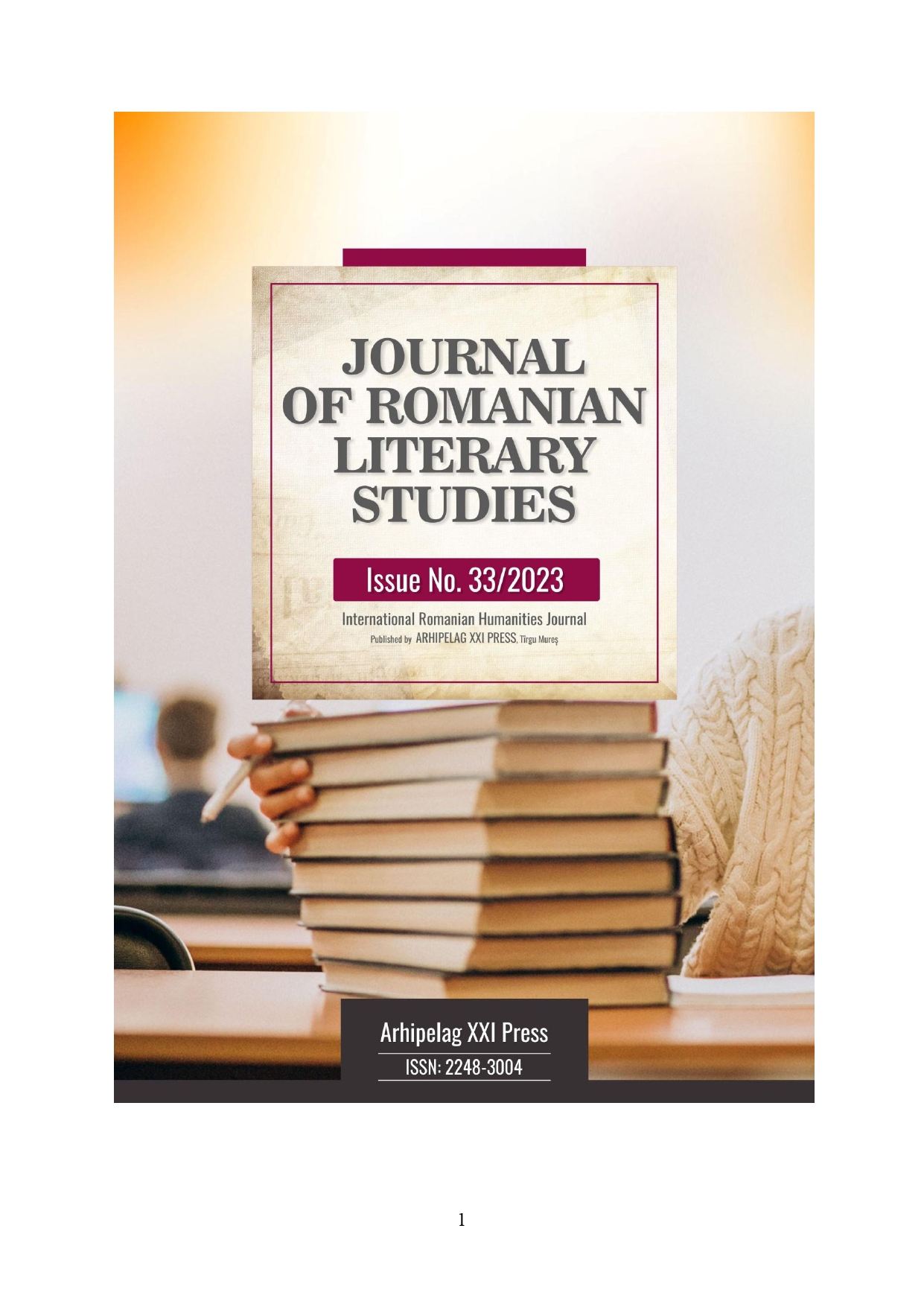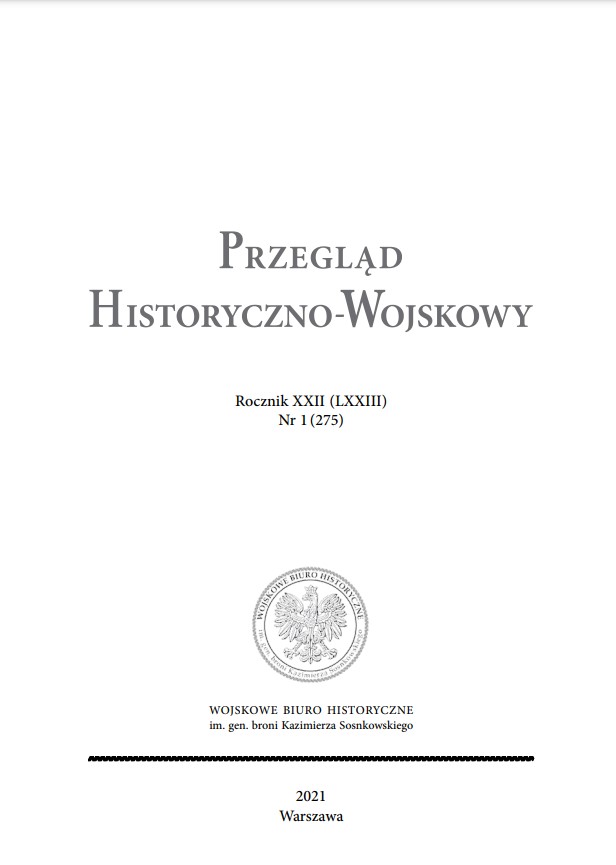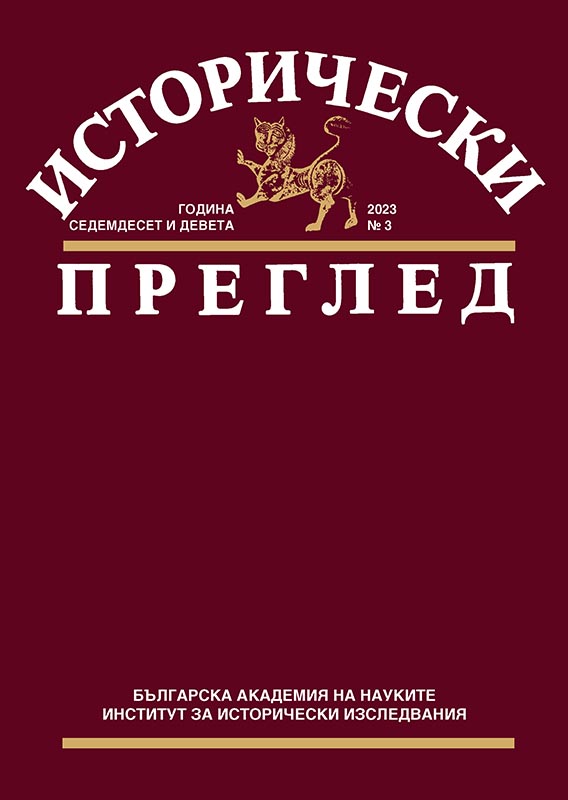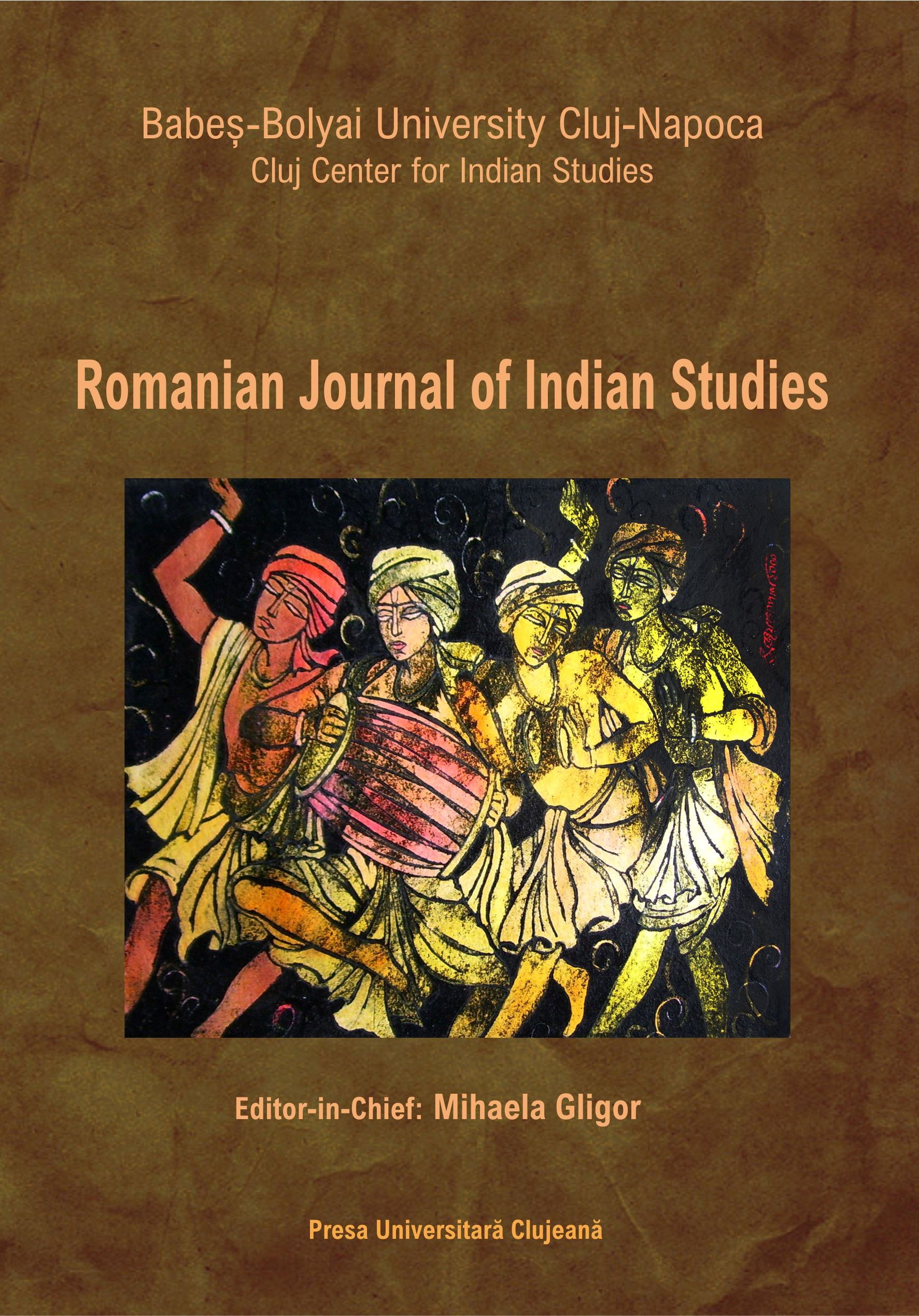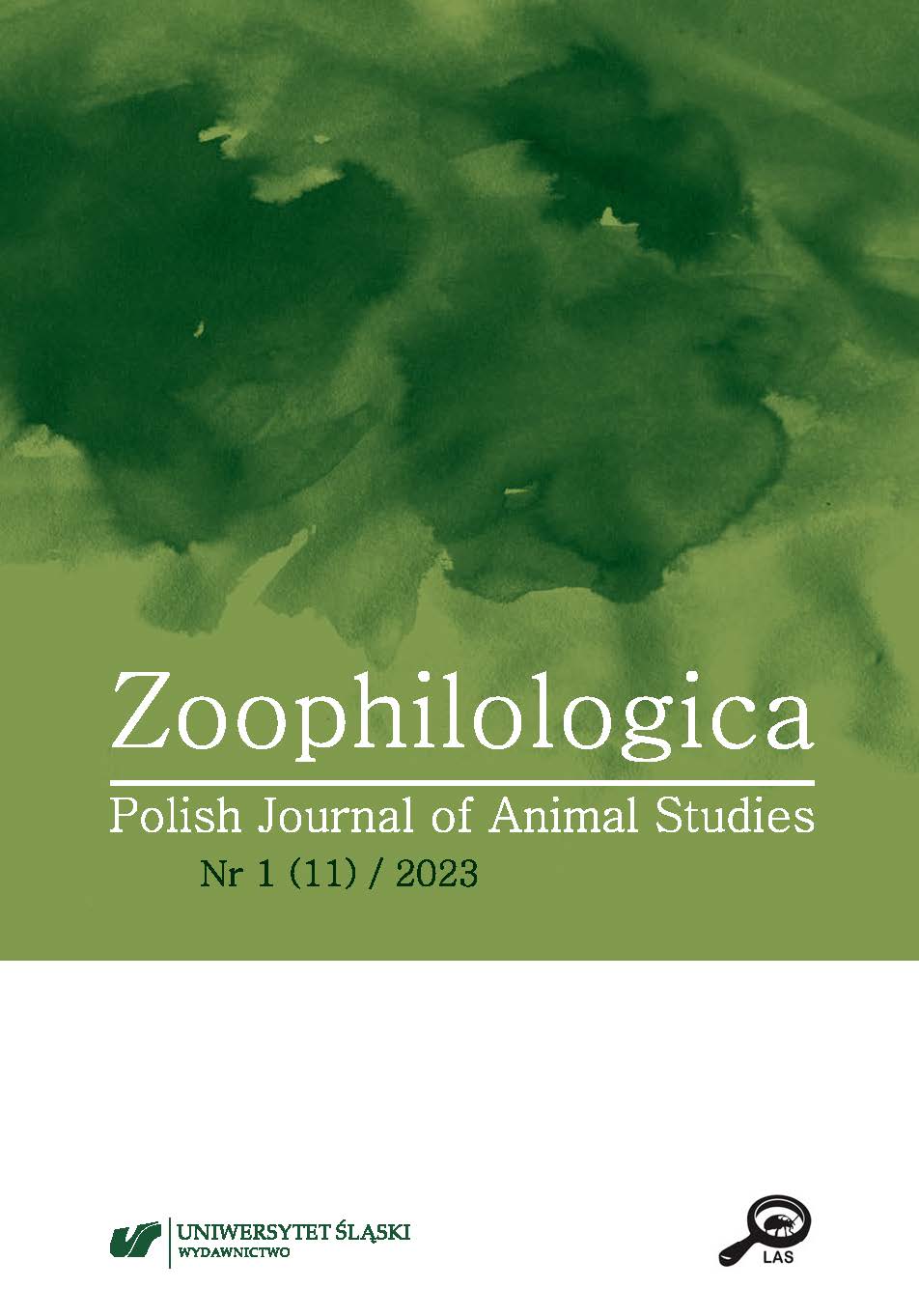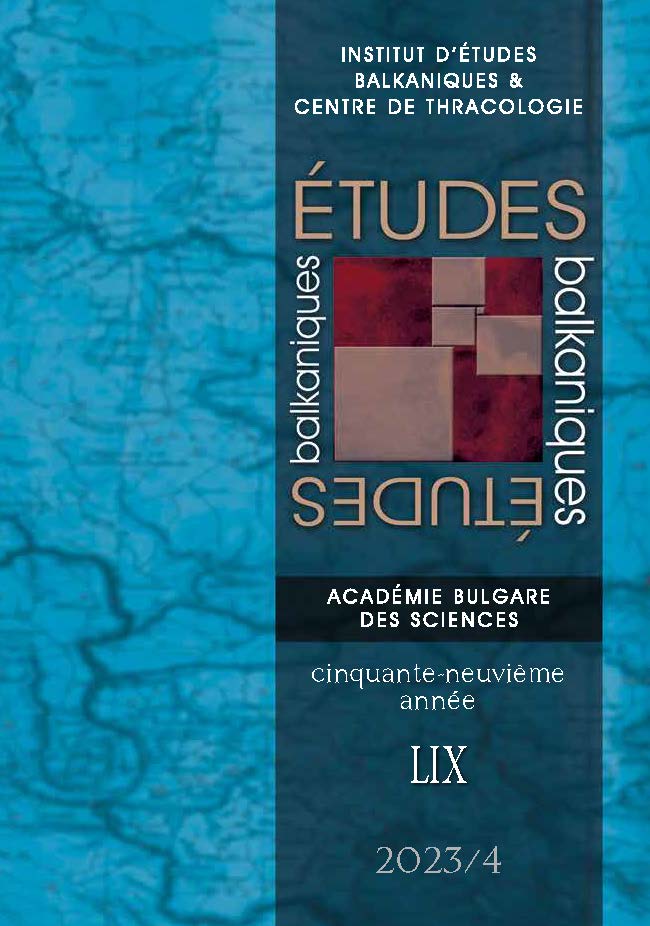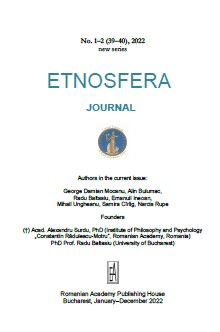Author(s): Jemal Karalidze / Language(s): Georgian
Issue: 8/2022
A number of historians of different generations dedicated their work to separate issues of Batumi region. After setting foot in Transcaucasia at the beginning of the 19th century, Russia diligently tried to take possession of Batumi and manages to realize this goal as a result of the Russo-Ottoman war of 1877-1878, when by the decision of the Congress of Berlin, Batumi, along with other regions of southwestern Georgia, was handed over to Russia with a status of Porto Franco. At the same time, it became obvious that tsarism had distinct colonial interests in the Caucasus as a whole, as well as in the Batumi region and especially in its coastal zone, therefore it implemented a multifaceted imperial policy: implementation of administrative arrangements or its reorganization; when deciding land and property relations, developing or implementing Porto Franco rules; when introducing city self-government or holding elections of a head of the town; when solving cultural and educational issues and etc.; The harsh colonial policy of Russia (as previously from Samtskhe-Javakheti and Abkhazia) led to the migration of the native Muslim Georgian population (Muhajirs) of Batumi region. Despite the obvious colonial policy of Russia, important economic, socio-political and cultural changes were implemented in Batumi region. Oil export of Baku gave a strong impetus to the development of not only Batumi, but the entire region. In 1883, Batumi was connected to Tbilisi, Baku and other important centers by a railway line, the Batumi port was expanded and improved, the infrastructure related to oil export was created, industrial enterprises were opened in Batumi by famous industrialists: Rothschild, Nobel, Mantashev and others. The result of this was that in the beginning of XX century Batumi turned into a large industrial and trade center and took the third place in Transcaucasia after Tbilisi and Baku. The Russian government tried in every way to use the process of economic development for the purpose of colonization - it promoted the attraction of non-Georgian population to Batumi region, however, with the efforts of Ilia Chavchavadze, Sergi Meskhi, Luka Asatiani, Ivane Andronikashvili and other statespersons the goal of tsarism - to colonize the country completely and turn Batumi into a typical Russian city - remained unachieved.
More...


